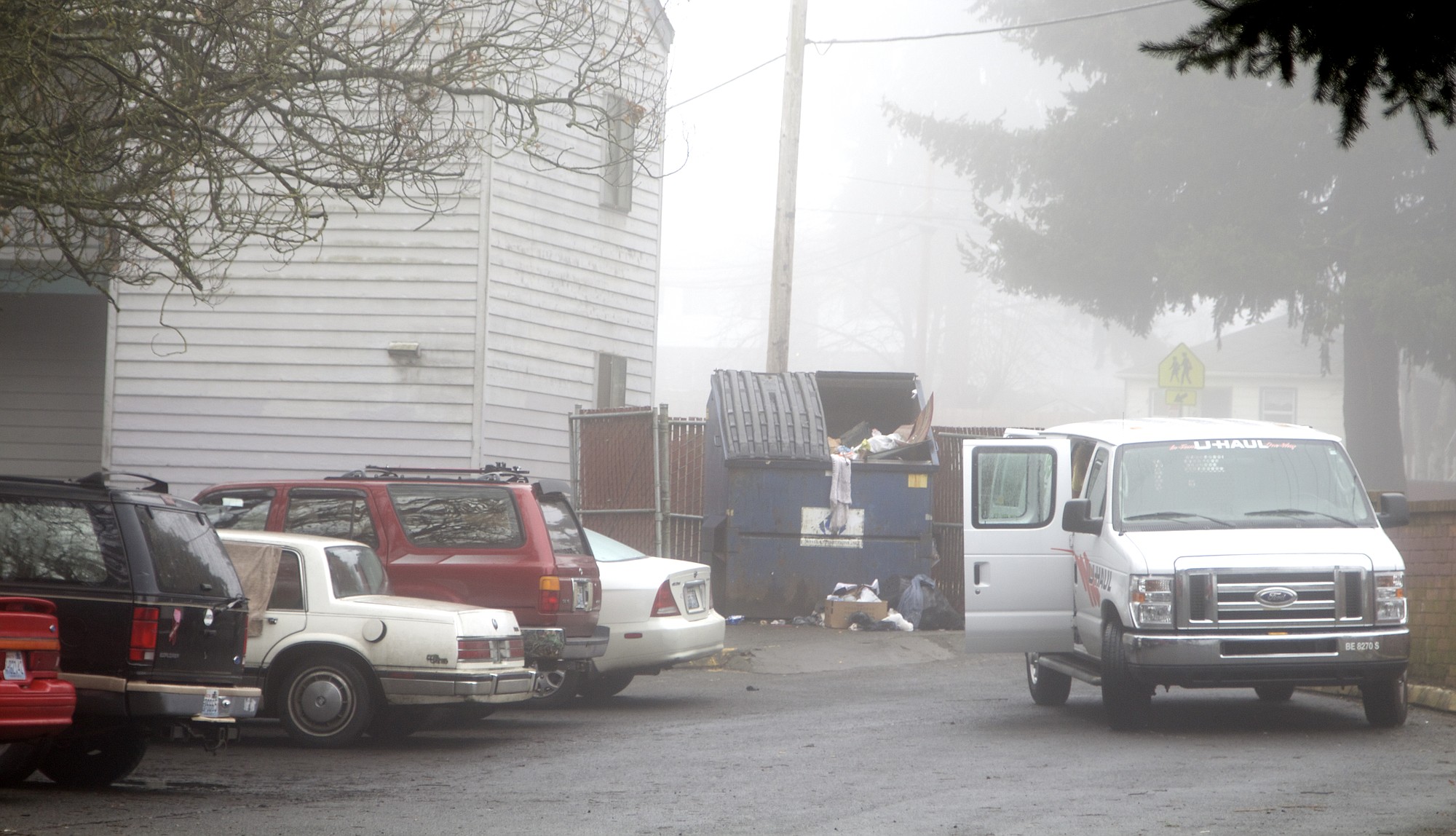Wanted: tolerant landlords and eager advocates who recognize that there really is an affordable housing crisis underway in Clark County.
A panel of local experts and an audience of about 150 concerned residents got together Wednesday night at the First United Methodist Church on Vancouver’s Main Street to discuss the lack of affordable housing locally. The conversation was free-wheeling, wide-ranging and passionate, but the overall result was a feeling that people are coming together to get something done.
Suggestions included the building of inexpensive — and trendy — “tiny homes” for the homeless; the faith community opening up private rooms in private homes; and laws and rules to promote the construction of affordable housing and protect residents from rising rents and short-term notices to vacate.
“Our housing market is broken right now,” said Andy Silver, the executive director of the nonprofit Council for the Homeless. Incomes do not match up with the costs of renting apartments, he said, nor with developers’ incentives to build more. Landlords are in the market to make money, he emphasized, which can mean buying and selling properties and raising rents with little warning to residents.
The Rev. Dave Tinney organized the forum in response to what’s been happening at the nearby Courtyard Village Apartments. That’s a large complex that’s been in the news since December, when its new owner started notifying residents, in monthly waves, that they would have to leave or reapply for tenancy. Renovations are underway and rents will be rising, according to new owner Metropolitan Land Group of Beaverton, Ore., and new property manager Madrona Ridge Residential.
The Vancouver community has responded with concern and donations to an emergency fund, administered by the Council for the Homeless, that’s already helped some Courtyard Village residents pay the ancillary expenses of moving into new apartments. But many observers — not to mention the tenants themselves — are also condemning the tight timeline and its effect on hundreds of low-income people with few resources and big barriers to finding another place to live.
If there’s anything the situation needs now, Silver said, it’s political advocacy and landlords willing to take risks. Emergency assistance for people being displaced is great, he said, but the affordable housing problem is “a structural one” that needs structural fixes.
Roy Johnson, the executive director of the Vancouver Housing Authority, noted that the apartment vacancy rate in Vancouver is very tight — something like 2 percent — which makes it a landlord’s market. People who qualify for housing subsidies from VHA used to be able to take a voucher and go find an apartment pretty easily, he said, but in recent years it’s gotten much more competitive.
There was already a scarcity of affordable housing in Clark County before the Great Recession hit, he said, but at that point, even VHA couldn’t find the financing to build affordable housing here. The state’s Housing Finance Trust Fund has gone dry in recent years, Johnson said, and with it ended the era of affordable apartment projects such as Esther Short Commons.
Plus, he said, rising construction prices in the current market mean it will continue to be challenging to build affordable housing at an affordable price.
Silver said he’s hoping the state Legislature will appropriate $100 million for the Housing Trust Fund, and that people will travel on Feb. 17 to Olympia to lobby legislators on what’s being called Housing Advocacy Day. Visit www.councilforthehomeless.org to learn more.
The Vancouver City Council will hold a workshop about affordable housing at 4:30 p.m. Feb. 23 at City Hall, 415 W. Sixth St. “Red is the color of affordable housing,” he said, so he hopes everybody shows up wearing something red.
The point isn’t fashion, though. It is to make sure the city council knows that citizens want solutions to the problem, he said. A memo has been circulating since last month that outlines numerous options, from zoning requirements to local housing taxes to permissions that developers would need to get before displacing anybody.
City councilwoman Alishia Topper was in the audience, and got up to say: “We do have an affordable housing crisis. Your city council will listen. We do want to hear your opinion.”




